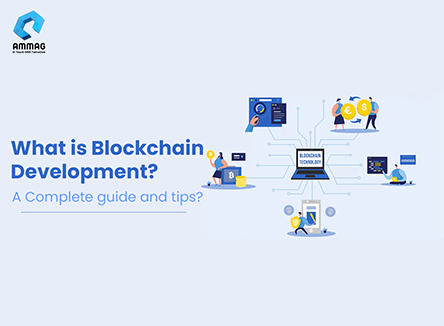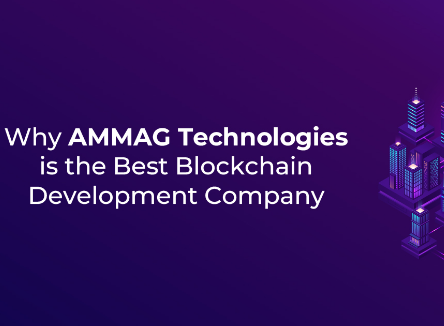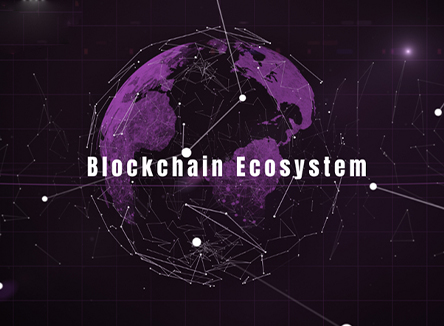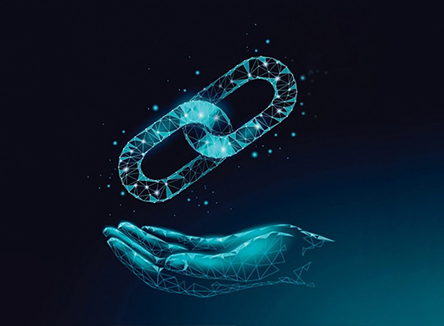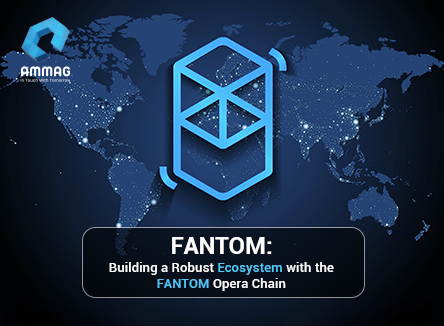Top 12 Uses of Blockchain Development in Healthcare
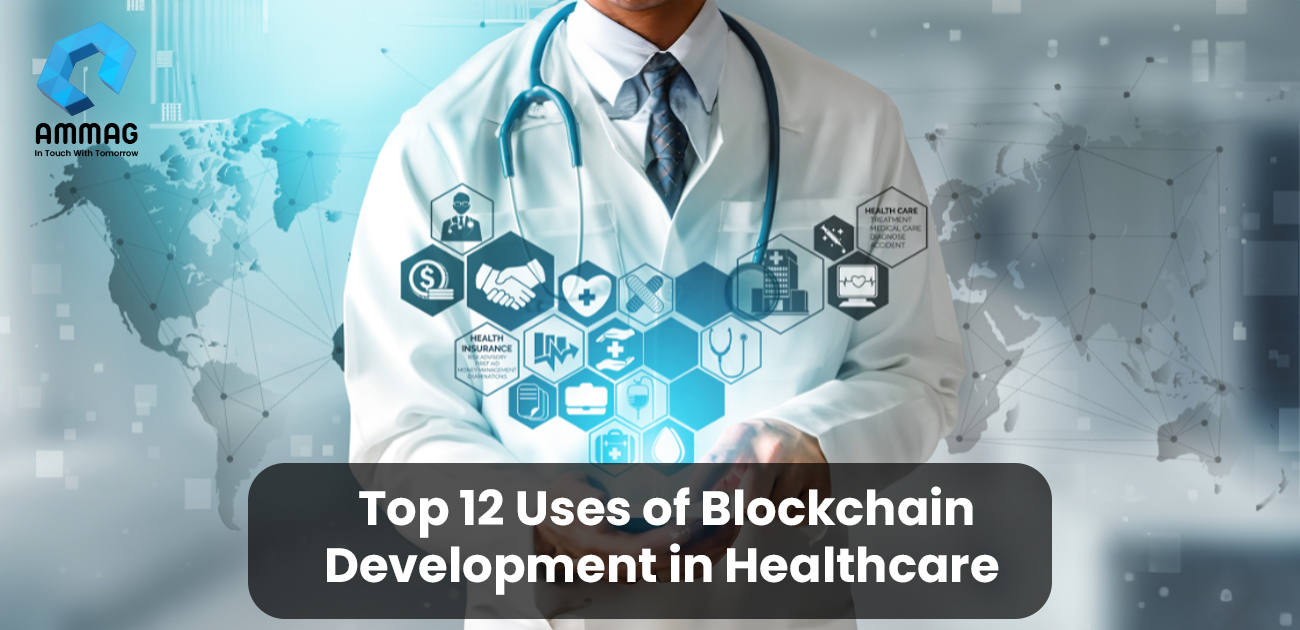
In the ever-evolving landscape of healthcare, technological innovation is redefining the way we approach patient care, data management, and security. Blockchain development is at the forefront of this transformation. Often associated with cryptocurrencies, blockchain offers a transparent, secure, and efficient platform for healthcare operations. In this blog, we embark on a journey to explore the top 12 uses of blockchain development in healthcare, shedding light on its potential to reshape the industry.
Why Healthcare Blockchain Development Matters
The healthcare sector is at a crossroads, grappling with the challenges of data privacy, interoperability, and the security of sensitive patient information. Healthcare blockchain development, with its decentralized and tamper-proof nature, presents a solution to these pressing concerns. It promises to usher in an era of trust and transparency, where patient data is securely stored, readily accessible and shared only with authorized parties.
Our Exploration Ahead
Throughout this blog, we will delve into specific applications of healthcare blockchain development, uncovering how it can enhance data security, streamline processes, and improve patient outcomes. From securing patient data to revolutionizing drug traceability, each section will unveil a unique facet of blockchain's potential in the healthcare ecosystem.
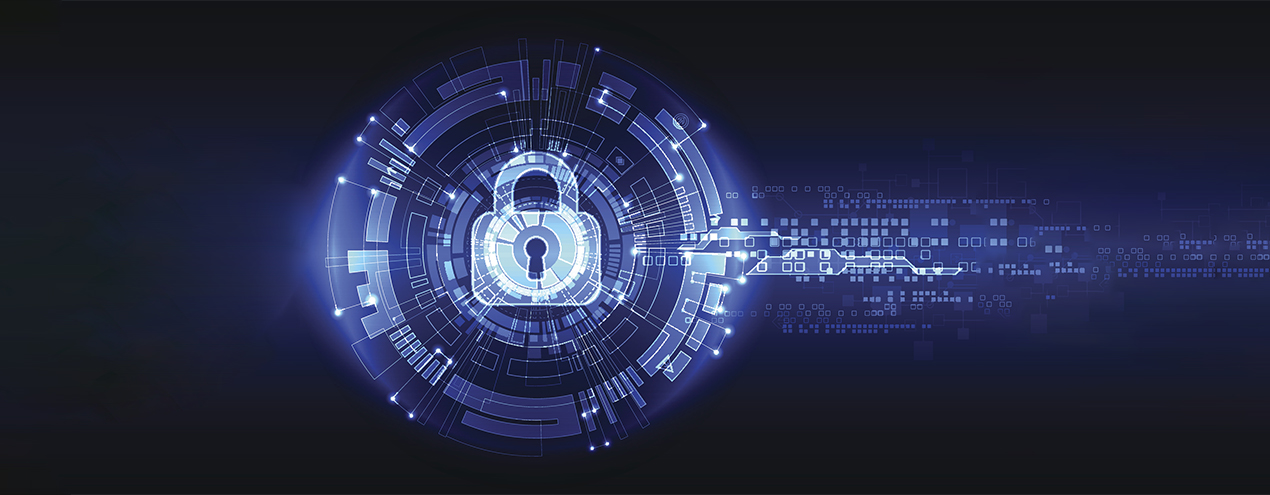
Securing Patient Data
One of the foremost concerns in healthcare is the security and privacy of patient data. With the digitization of medical records, ensuring the confidentiality and integrity of this information is paramount. Here, healthcare blockchain development steps into the spotlight as a formidable guardian of patient data.
Blockchain's Role in Data Security:
Healthcare blockchain development empowers the industry by providing a robust and secure platform for
managing electronic health records (EHRs). Patient data, stored on a blockchain, enjoys the benefits
of
encryption, immutability, and decentralization. This means that once data is recorded, it cannot be
altered or deleted without proper authorization, significantly reducing the risk of data breaches or
unauthorized access.
Patient-Centric Control :
One of the key
advantages of blockchain technology is its ability to give patients greater control over their own
health data. Patients can grant access to their medical records to healthcare providers as needed,
ensuring that sensitive information is only shared when necessary.
patterns, make informed decisions, and continuously enhance its capabilities.
Interoperability and Data Exchange
:
Blockchain facilitates seamless data sharing among healthcare institutions while ensuring data remains
secure and compliant with privacy regulations. It overcomes interoperability challenges by providing a
standardized,
secure format for data exchange.
Streamlining Data Sharing
In the realm of healthcare, the efficient and secure sharing of patient data among healthcare providers is vital for delivering timely and effective care. H ealthcare blockchain development presents a game-changing solution for streamlining this data-sharing process.
Enhancing Interoperability
:
Blockchain technology transcends the traditional silos that often hinder the sharing of healthcare
data. It creates a standardized and secure format for data exchange, allowing different
healthcare
institutions to seamlessly communicate. This interoperability ensures that patient records are
readily accessible when needed, promoting quicker diagnoses and informed treatment decisions.
Consent-Based Access:
Patients have the power to grant or deny access to their medical records, fostering a patient-centric
approach to data sharing. With blockchain, healthcare providers can obtain explicit consent before
accessing a patient's records, ensuring that data privacy is upheld and patients have control over who
sees their information.
Real-Time Updates:
Blockchain's distributed ledger enables real-time updates to patient records, ensuring that healthcare
providers always have access to the most current and accurate information. This eliminates the need for
time-consuming and error-prone manual updates.
DeFi Development Services :
By automating data sharing processes through smart contracts
development, blockchain minimizes administrative overhead, reducing costs and eliminating delays in
accessing critical patient data.
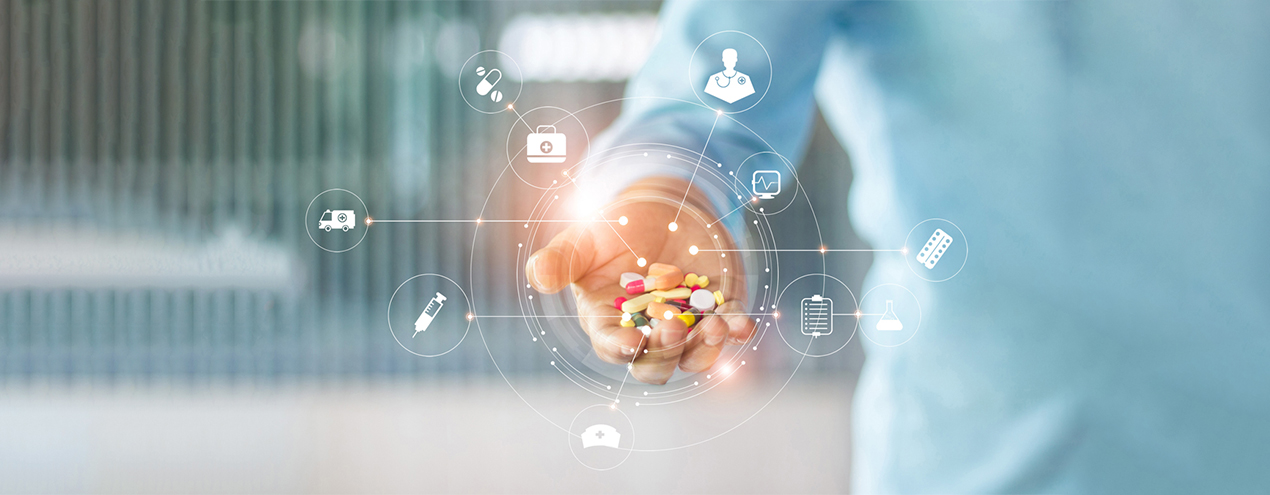
Drug Traceability
Ensuring the authenticity and integrity of pharmaceuticals is a top priority in the healthcare sector. Blockchain development provides a robust solution for tracking the journey of drugs from production to consumption, enhancing drug traceability.
Preventing Counterfeit Medications:
Counterfeit drugs pose a significant risk to public health. Blockchain's transparent ledger system enables
the tracking of pharmaceuticals at every stage of the supply chain. This transparency ensures that
counterfeit drugs can be quickly identified and removed from circulation, protecting patients from
potential harm.
Supply Chain Efficiency
:
Blockchain streamlines the pharmaceutical supply chain by providing real-time visibility into the
movement of drugs. This reduces inefficiencies, lowers costs, and minimizes the risk of expired or
recalled medications reaching patients.
Provenance Verification
:
Patients and healthcare providers can access detailed information about a drug's origin, including its
manufacturer, production date, and distribution history. This transparency fosters trust in the
pharmaceutical industry.
Clinical Trials and Research
Clinical trials play a pivotal role in the development of new treatments and therapies in healthcare. Blockchain's impact extends to this critical domain, offering advantages that enhance the efficiency and transparency of clinical research.
Streamlining Data Management:
Clinical trials generate vast amounts of data, and blockchain provides a secure and efficient means of
managing this information. Researchers can securely record and access trial data in a tamper-proof
environment, ensuring data integrity.
Enhancing Collaboration
:
Blockchain promotes collaboration among researchers and institutions by simplifying data sharing and
verification. This accelerates the pace of research, allowing for quicker discoveries and
advancements in medical science.
Protecting Intellectual Property
:
Blockchain can be used to timestamp research findings and innovations, providing a verifiable record of
intellectual property rights. This safeguards the work of researchers and encourages innovation in
healthcare.

Supply Chain Management and Top Blockchain Companies
Blockchain's transformative impact extends to supply chain management within the healthcare industry. It offers a holistic solution for tracking and securing the movement of medical supplies, while also paving the way for innovative solutions from top blockchain companies.
Transparent Supply Chains
:
Blockchain ensures end-to-end visibility in the healthcare supply chain. Every step of a product's
journey, from manufacturing to delivery, is recorded on an immutable ledger. This transparency reduces the
risk of counterfeit drugs or medical devices entering the supply chain.
Efficient Inventory Management:
Healthcare facilities can benefit from real-time inventory tracking facilitated by blockchain. It
minimizes wastage, optimizes inventory levels, and ensures that critical medical supplies are always
available when needed.
Top Blockchain Companies and DeFi Development Services
:
Many top blockchain companies are now offering DeFi development services tailored to the healthcare
sector. These services utilize blockchain's decentralized nature to provide secure and transparent
financial solutions for healthcare organizations.
Billing and Claims Processing
The billing and claims processing in healthcare is often burdened with complexities, leading to inefficiencies and potential errors. Blockchain technology offers a streamlined solution that can revolutionize this crucial aspect of healthcare operations.
Efficient Verification
:
Blockchain automates the verification process for insurance claims. Smart contracts, a hallmark of
blockchain, can be programmed to validate claims automatically. This not only reduces the administrative
burden but also minimizes the chances of errors and fraudulent claims.
Reducing Administrative Costs
:
Blockchain significantly reduces administrative overhead by eliminating the need for intermediaries and
reducing manual data entry. This efficiency translates into cost savings for healthcare providers and
insurers.
Enhancing Transparency
:
Blockchain ensures transparency throughout the billing and claims process. Every step of a claim's journey
is recorded on an immutable ledger, providing a clear audit trail. This transparency reduces disputes and
promotes trust between patients, healthcare providers, and insurers.
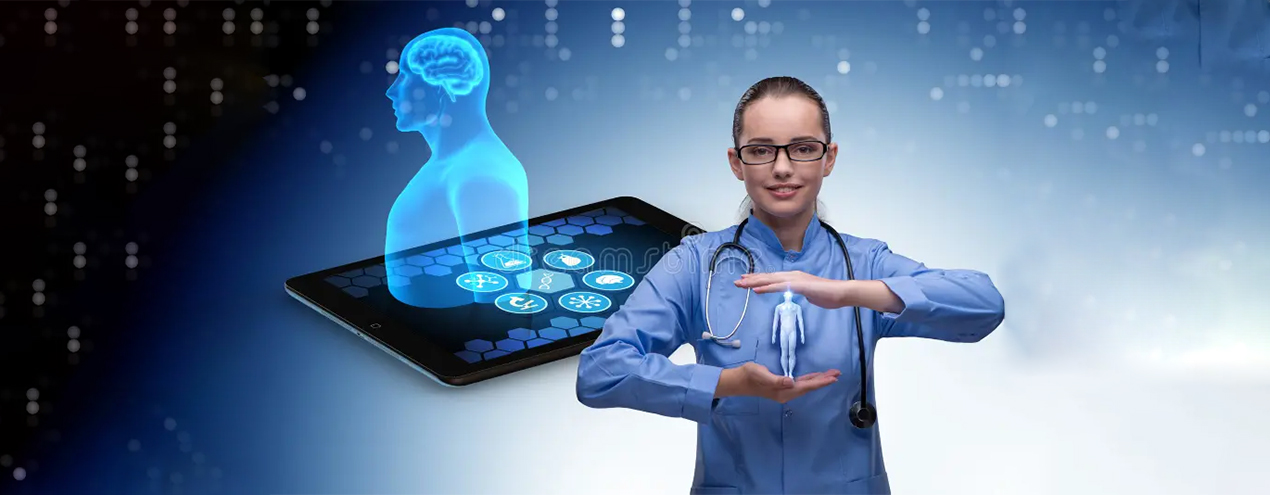
Telemedicine and Remote Monitoring
In today's healthcare landscape, the adoption of telemedicine and remote patient monitoring is on the rise, driven by the need for convenient and accessible healthcare services. Blockchain technology plays a crucial role in enhancing these services, ensuring secure and transparent communication between patients and healthcare providers.
Secure Data Transmission
:
Blockchain provides a robust framework for secure data transmission in telemedicine. Patient data,
including medical records and diagnostic information, can be securely shared with healthcare
professionals. This not only facilitates remote consultations but also ensures that sensitive medical data
remains confidential.
Real-Time Monitoring
:
Remote monitoring of patients' vital signs and health parameters is made more effective through
blockchain. Healthcare providers can access real-time data, enabling them to make timely interventions
when necessary. Patients benefit from continuous monitoring without the need for frequent in-person
visits.
Data Integrity
:
Blockchain's immutability ensures the integrity of patient data, making it tamper-proof and reliable. This
is particularly important in remote patient monitoring, where accurate data is critical for making
informed healthcare decisions.
Drug Pricing Transparency
The cost of pharmaceuticals is a significant concern in healthcare. Blockchain technology brings transparency to drug pricing, helping patients and healthcare providers make informed decisions about medications.
Price Verification
:
Blockchain enables patients and healthcare providers to verify the true cost of medications. It provides a
clear and unalterable record of drug prices, reducing the risk of price manipulation.
Access to Pricing Data
:
Patients can access pricing data for medications, allowing them to compare costs across different
pharmacies and suppliers. This transparency empowers patients to make cost-effective choices.
Preventing Price Gouging
:
Blockchain helps prevent price gouging by ensuring that drug prices remain fair and competitive. This is
especially important in times of high demand or during public health crises.
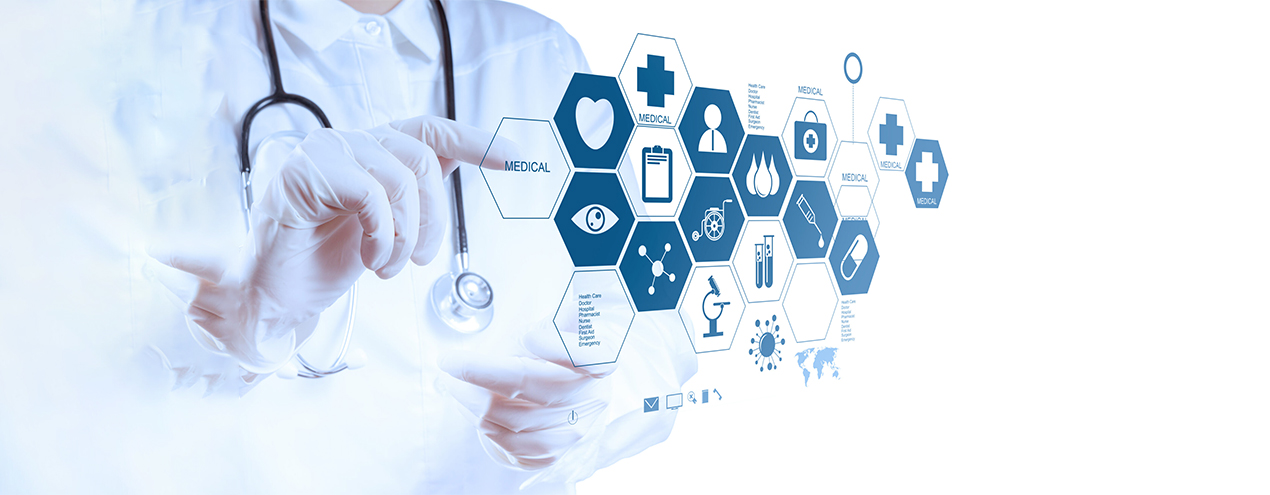
Health Insurance
Health insurance is a cornerstone of healthcare access, but it often involves complex processes and administrative challenges. Blockchain technology introduces innovative solutions to streamline health insurance operations and enhance the overall experience for policyholders.
Streamlined Claims Processing
:
Blockchain simplifies claims processing by automating verification and reducing administrative overhead.
Smart contracts can be programmed to execute claims processing, ensuring accuracy and efficiency.
Enhanced Data Security
:
Patient and policyholder data in the insurance sector can be vulnerable to breaches. Blockchain's secure
and immutable ledger system ensures the protection of sensitive information, reducing the risk of fraud
and unauthorized access.
Transparency in Premiums and Coverage
:
Blockchain provides transparency in premium calculations and coverage details. Policyholders can access a
clear record of their insurance terms and understand how premiums are determined.
Medical Credential Verification
The verification of medical credentials is a critical aspect of ensuring the competence and authenticity of healthcare professionals. Blockchain technology simplifies and enhances this process, making it more efficient and secure.
Credential Transparency
:
Blockchain allows for the creation of a transparent and immutable record of medical credentials. This
record includes information about the qualifications, certifications, and licenses of healthcare
professionals.
Instant Verification
:
Healthcare organizations and institutions can instantly verify the credentials of potential employees or
collaborators. This reduces the time and effort required for manual verification and expedites the hiring
process.
Enhancing Trust
:
Blockchain's tamper-proof nature builds trust in the authenticity of medical credentials. Patients can
have confidence in the qualifications of their healthcare providers, knowing that their credentials have
been verified on an unalterable ledger.
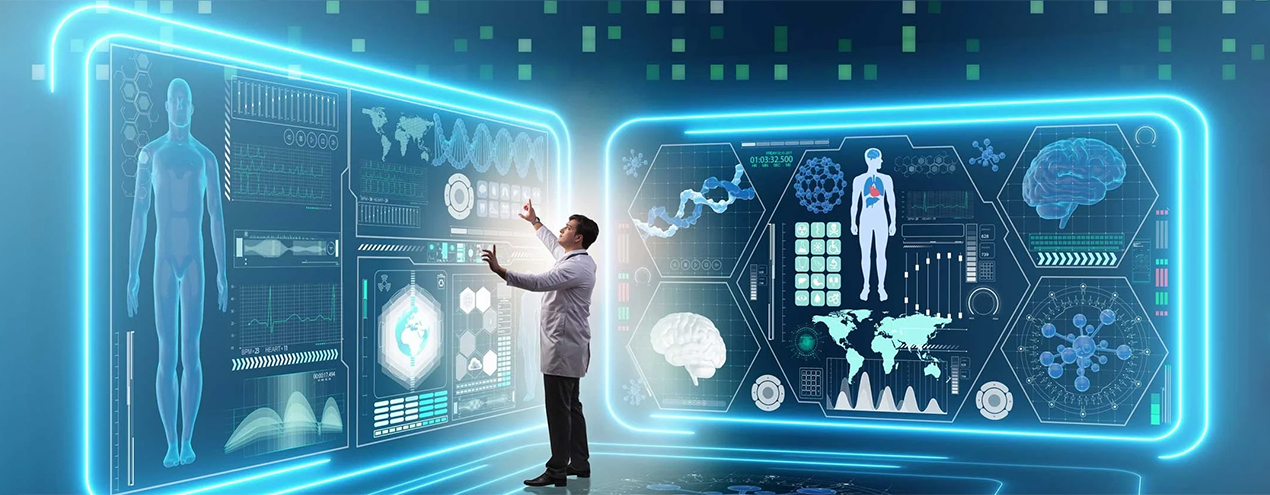
Donation and Organ Transplants
The field of organ donation and transplantation is marked by urgency and complexity. Blockchain technology introduces innovative solutions to enhance the transparency, efficiency, and traceability of organ donation processes.
Donor-Recipient Matching
Blockchain can facilitate more efficient donor-recipient matching by securely and transparently recording
potential matches and their medical histories. This streamlines the organ allocation process, potentially
saving lives.
Donor Transparency :
Blockchain ensures transparency regarding the source and transportation of donated organs. Patients and
healthcare providers can track the journey of organs in real-time, reducing the risk of organ trafficking
and ensuring the ethical sourcing of organs.
Enhanced Data Security
:
Patient data related to organ transplants is highly sensitive. Blockchain's security measures protect this
information from breaches, safeguarding the privacy and well-being of transplant patients.
The integration of blockchain in organ donation and transplantation processes has the potential to revolutionize this critical aspect of healthcare, ensuring fair, transparent, and ethical practices.
Conclusion
Blockchain development is ushering in a new era in healthcare, transforming the industry in profound ways. From securing patient data and streamlining processes to enhancing transparency and improving patient outcomes, blockchain's impact is felt across the healthcare ecosystem. Top blockchain solution providers are at the forefront of this transformation, offering innovative solutions that empower patients and healthcare providers alike.
As we look to the future, the potential for blockchain in healthcare remains boundless. It is a journey where innovation meets well-being, and where the possibilities for improving healthcare are limited only by the scope of our imagination. Together, we're shaping a future where healthcare is more secure, accessible, and patient-centric than ever before.

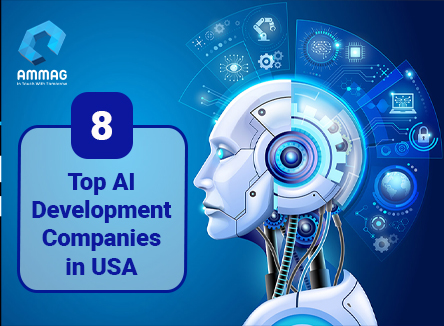





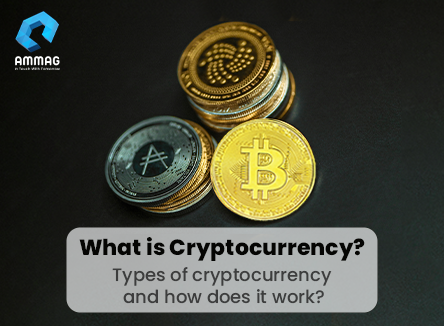





-and-How-Does-It-Work/Main-Image_02.jpg)
